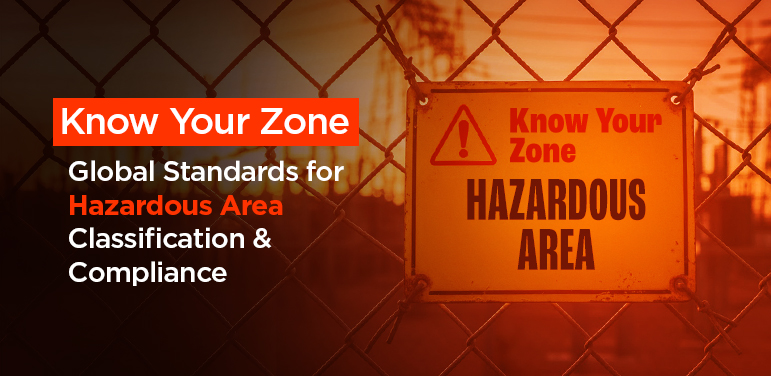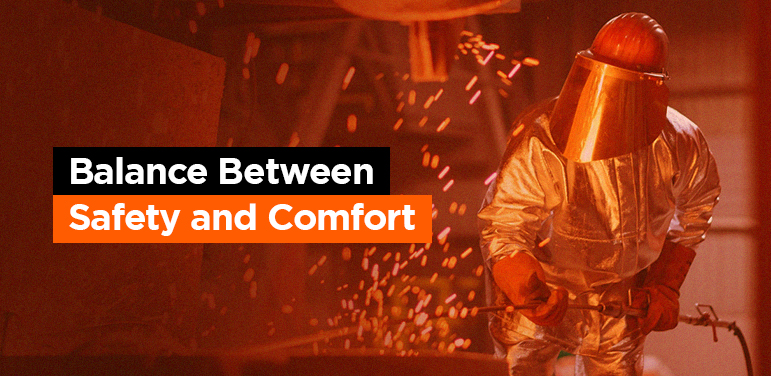In industries handling flammable gases, vapours, liquids, or combustible dust, ensuring workplace safety begins with understanding hazardous area classifications. These classifications provide a structured way to assess risk, select the right equipment, and comply with international safety standards. Let’s explore how zones are defined, the standards that govern them, and what businesses need to consider …
Read More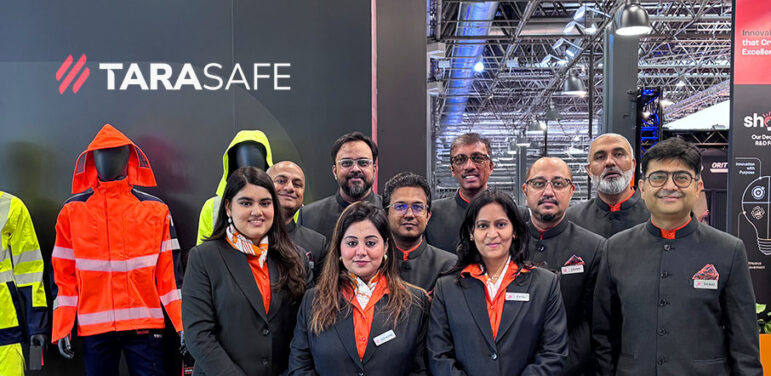
Tarasafe’s Triumphant A+A 2025: A Landmark Chapter in Global Safety
DÜSSELDORF, GERMANY – Following four highly impactful days, Tarasafe International Pvt Ltd concluded its participation in AplusA 2025, marking its most successful exhibition in its long history with the esteemed event. The fair served as the ceremonial launchpad for a comprehensively reimagined brand identity and a revolutionary suite of flame-resistant (FR) protective solutions. The Evolution …
Read More
Role of LOI (Limiting Oxygen Index) in Determining Fabric Flame Resistance
We live in a world surrounded by textiles- from the clothes we wear to the furnishings in our homes and workplaces. While these materials add comfort and functionality to our lives, they also pose a potential fire hazard. Understanding how fabrics respond to fire is paramount for safety, and a key metric in this understanding …
Read More
Heat Transfer Performance (HTP) Explained
NFPA 2112, the Standard on Flame-Resistant Clothing for Protection of Industrial Personnel against Short-Duration Thermal Exposures from Fire, outlines minimum performance requirements for garments designed to protect workers from flash fire hazards. One of the critical parameters in this standard is Heat Transfer Performance (HTP). HTP measures the ability of flame-resistant fabrics to resist heat …
Read More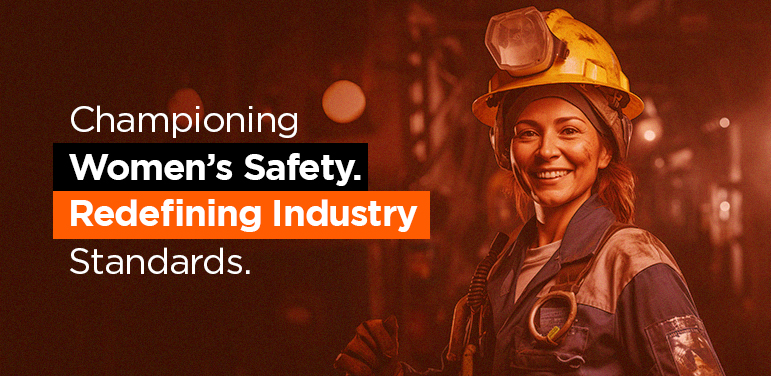
Championing Women’s Safety- Redefining Industry Standards
As we move through 2025, the drive for meaningful change across workplaces continues to accelerate. While industries evolve rapidly, there remains a pressing need to ensure that women have the resources, support, and inclusive environments necessary to succeed for leading the phase “Championing Women’s Safety”. Now more than ever, attention is turning to the tools …
Read More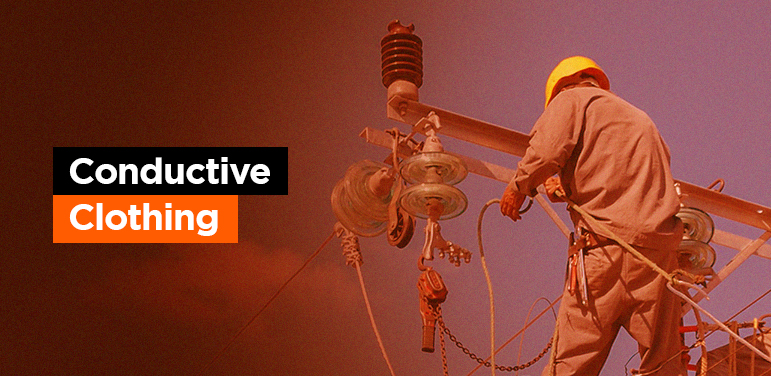
Conductive Clothing: A New Frontier in Electrical Safety
What is Conductive Clothing? Conductive clothing refers to garments that incorporate conductive materials – such as metallic fibers, conductive polymers, or carbon-based yarns – into textile structures. These garments are specifically engineered to control or redirect electrical currents in hazardous environments. Conductive clothing is made of natural or synthetic material with woven or knitted fabric …
Read More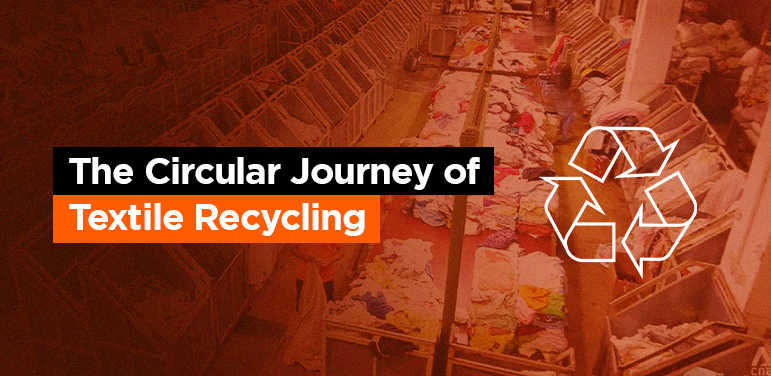
The Circular Journey of Textile Recycling
Why Recycle Textiles? The textile industry is a major contributor to global environmental pollution, affecting land, air, and marine ecosystems. The processes involved in apparel manufacturing chain significantly impact greenhouse gas (GHG) emissions in addition to water resources depletion. Of the 37.4 billion MT global CO2 emissions in 2023, roughly 1.2 billion MT were attributed …
Read More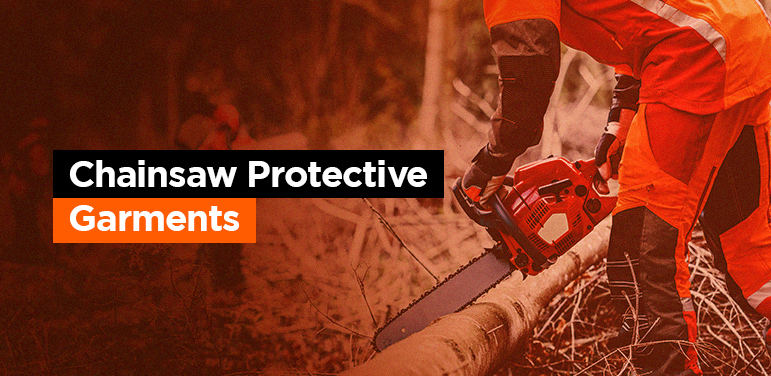
Chainsaw Protective Garments: Essential Safety Gear for Arborists and Forestry Workers
Chainsaw garments refer to protective clothing designed to safeguard workers from chainsaw-related injuries. The primary purpose of these garments is to protect the wearer against the cutting effect of a hand-held chainsaw. Clogging is the primary principle which leads to prevention of injury to a user from a hand-held chainsaw primarily constructed for cutting wood. …
Read More
